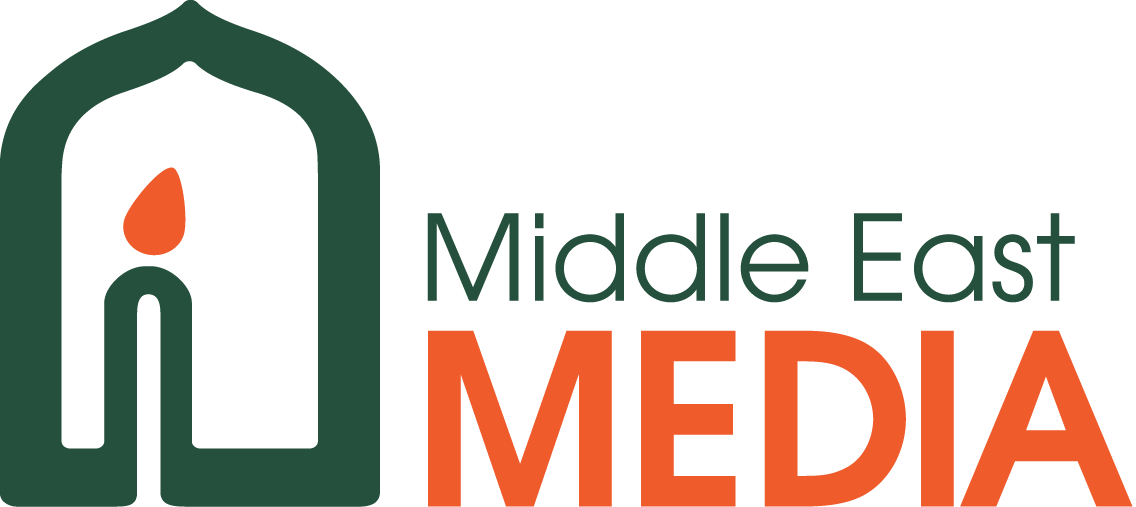The Decline of ISIS?
/IMAGE: SHUTTERSTOCK
The hold of ISIS may finally be beginning to crumble in the Middle East. Over the past few weeks, ISIS has faced losing its key cities of Mosul and Raqqa, and yesterday the Syrian town of Al-Bab finally fell to Syrian rebels. The militant group has lost significant territory over the past year, and now that the “caliphate” is shrinking, thousands of fighters are reported to be leaving the cause.
But if defeated militarily in Iraq and Syria, will this really spell the end for ISIS?
There is growing international concern that if defeated in Syria and Iraq, ISIS will disperse to many other countries and form a global underground network. Furthermore, Al Jazeera reported yesterday that “perhaps up to 30 or 40 million people across the Arab World express sympathy, support or approval for ISIS and its actions,” which means there are clearly deeper issues which need to be dealt with in order for ISIS to be fully defeated.
As well as praying for the imminent end of ISIS in Syria and Iraq, we can also pray for solutions to the underlying causes behind ordinary Arabs showing sympathy for ISIS.
In yesterday's Al Jazeera piece, writer Rami G Khouri states that even if ISIS is dismantled, support for them is likely to increase if nothing is done to "improve the degrading conditions that have pushed millions of desperate Arabs to turn to ISIS as a last resort.”
Many of the factors that drive Arabs to support ISIS aren’t in fact religious, but are based on socioeconomic concerns such as lack of jobs and opportunities, low living standards, disillusionment with governments at home and abroad, lack of personal freedoms and feelings of helplessness and hopelessness.
“The most common sentiment among many who join or like ISIS is a desire to transform their life of vulnerability, humiliation, weakness and suffering into a new life defined by strength, purpose, direction and pride,” Khouri writes.
So how can we pray?
- Thank God for the defeats ISIS has already suffered in Iraq and Syria, including the restoration of Iraqi Christians to their homes and churches in Mosul.
- Pray that ISIS will be totally defeated in Iraq and Syria, to enable people to return to their homes and lands in safety.
- Please pray for the millions of people across the Arab world who show sympathy towards ISIS. Pray that they would see that militancy isn’t the answer to their problems and that it won’t give them the purpose and strength they need – that can only be found in Jesus!
- Thank God for our teams in the Middle East who continue to reach out to the communities around them with a message of God’s love and hope, and who are working to make their societies better and fairer places.
- Pray that leaders would have wisdom to deal with the root causes of people’s support for ISIS, so that there won’t only be short-term fixes but lasting peace and change.
Do you have any more ideas for how we can pray for Syria, Iraq and the fall of ISIS? Let us know in the comments below!















